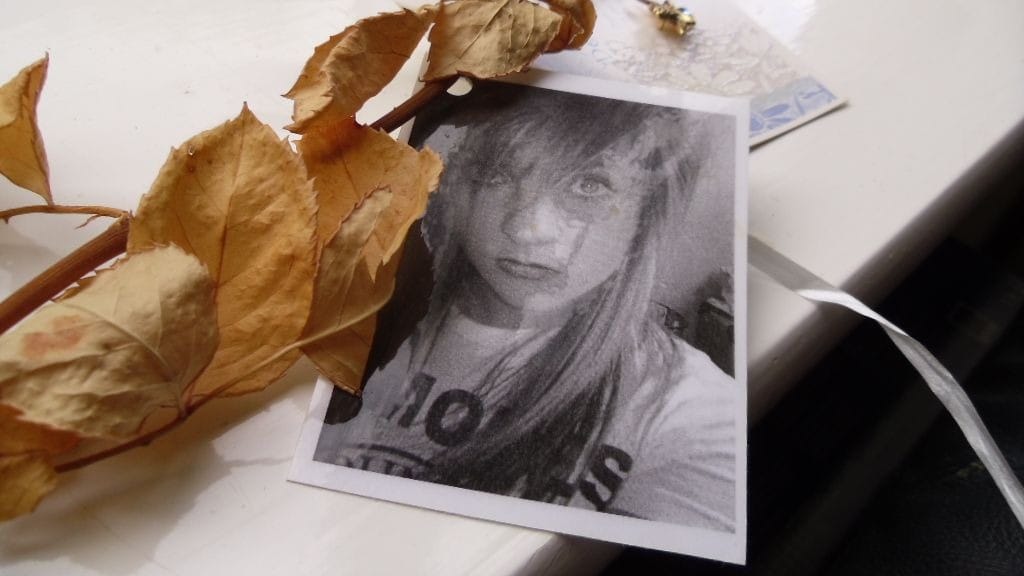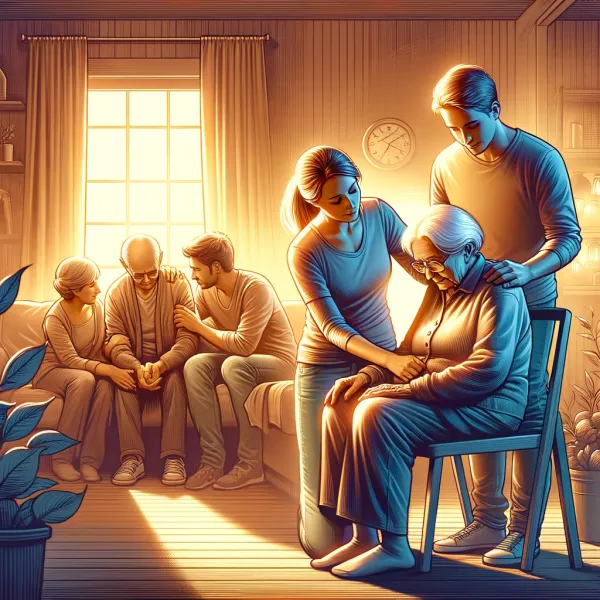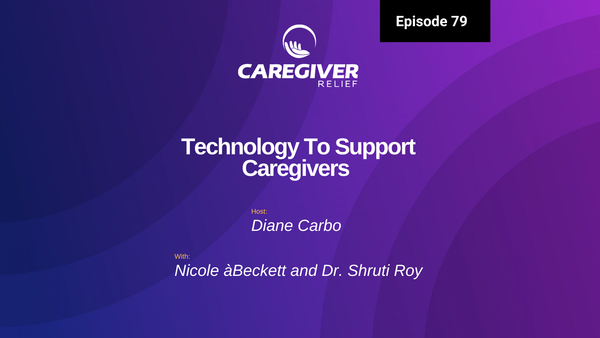Are There Really Stages of Grief and Loss?
Grief and loss are complex and personal experiences that do not always follow a predictable path. In this article, we explore the common misunderstandings surrounding the "stages of grief" and offer guidance for navigating the grieving process in a healthy way.

Is there truly a set of stages that define grief and loss? The common notion of grief stages, popularized by Elizabeth Kubler Ross, may not tell the whole story.
Elizabeth Kubler Ross, a Swiss psychiatrist renowned for her work with the terminally ill, introduced the five stages of grief in bereavement therapy. However, it's essential to recognize that her studies primarily focused on the person facing death, not the individuals grieving the loss of a loved one.

In the context of terminal illness, the stages are typically:
- Denial: "This can't be happening to me."
- Anger: "Why me? Who's to blame?"
- Bargaining: "I'll do anything if I can see my son graduate."
- Depression: "I'm overwhelmed by sadness and exhaustion."
- Acceptance: "I'm prepared for what's to come; let's discuss funeral arrangements."
However, the grieving process is far from a linear path. It's more like a roller coaster, where emotions and stages can shift rapidly. There are, nonetheless, universal emotions experienced during grief:
1. Shock, Numbness, or Disbelief: Life may feel surreal, and simple tasks become challenging. This phase lasts for a few days to weeks.
2. Pain and Suffering: As others return to their routines, overwhelming emotional pain sets in. Feelings of sadness, loss, agitation, restlessness, guilt, and anxiety may surface. Physical symptoms like insomnia, appetite changes, chest pain, and fatigue can also occur.
3. Loneliness and Isolation: In the later stages of pain and suffering, you may feel alone, misunderstood, or unsupported. Insensitive comments from others might intensify these emotions.
Grief is unpredictable and intermittent, and it's crucial to allow yourself to feel the emotions as they come. You're not going crazy; this is a normal part of the grieving process, which can persist on and off for years.
4. Recovery: Recovery doesn't mean the pain disappears entirely; it means finding ways to cope and rebuild. It involves reconnecting with others, experiencing moments of happiness, and learning to live life again.
Grief doesn't follow a neat timetable, and time alone doesn't heal emotional wounds. Healing requires proactive strategies and the courage to forge a new future.
In the words of Cassandra Clare, "They say time heals all wounds, but that presumes the source of the grief is finite." Grief is a unique journey for each person, and the stages, though not universally experienced, offer a framework for understanding and navigating this complex process. Be gentle with yourself and seek support from others who understand the challenges of grief and loss.





